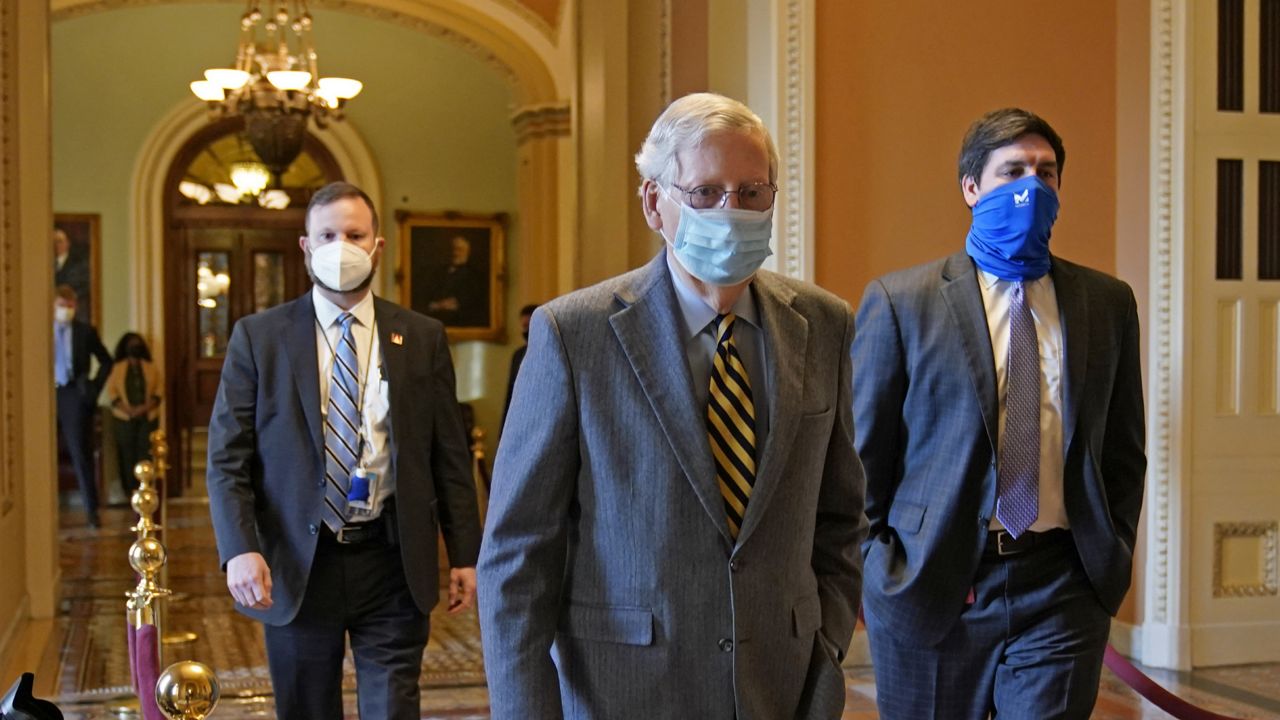The United States Senate on Friday delivered Donald Trump the first veto override of his presidency, voting 81-13 to approve the National Defense Authorization Act on the first day of the new year.
A two-thirds majority vote in the Senate was needed to override Trump’s veto, meaning the affirmative 81 votes were well over the margin for an override.
The veto override passed the House on Monday by a vote of 322-87. The House veto override was supported by 212 Democrats, 109 Republicans and an independent. Twenty Democrats opposed the override, along with 66 Republicans and an independent.
“It’s a serious responsibility,” Senate Majority Leader Mitch McConnell said of the bill Friday, before debate closed. “But it’s also a tremendous opportunity: to direct our national security priorities to reflect the resolve of the American people and the evolving threats to their safety, at home and abroad.”
Numerous senators on both sides of the aisle had objected to moving ahead on the NDAA veto override vote until McConnell allowed a vote on a Trump-backed plan to increase COVID-19 relief payments to $2,000. That plan failed early Friday, despite efforts from Senators Josh Hawley and Bernie Sanders to bring a vote to the floor.
Hours after the vote took place, President Trump took to Twitter to express his frustration with the GOP-led Senate, saying the denial of an increased direct payment was "not fair" to Americans and railing against Section 230.
Trump had rejected the defense measure last week, saying it failed to limit social media companies he claims were biased against him during his failed reelection campaign. Trump also opposes language that allows for the renaming of military bases that honor Confederate leaders.
Besides social media and military base names, Trump also said the defense bill restricts his ability to conduct foreign policy, “particularly my efforts to bring our troops home.″ Trump was referring to provisions in the bill that impose conditions on his plan to withdraw thousands of troops from Afghanistan and Germany. The measures require the Pentagon to submit reports certifying that the proposed withdrawals would not jeopardize U.S. national security.
The defense bill, known as the National Defense Authorization Act, or NDAA, affirms 3% pay raises for U.S. troops and authorizes more than $740 billion in military programs and construction.
The Associated Press contributed to this report.
